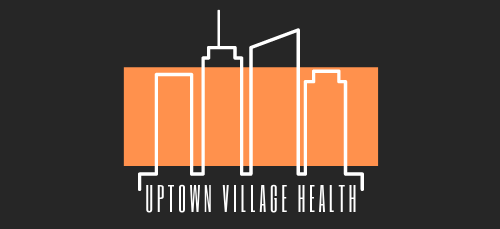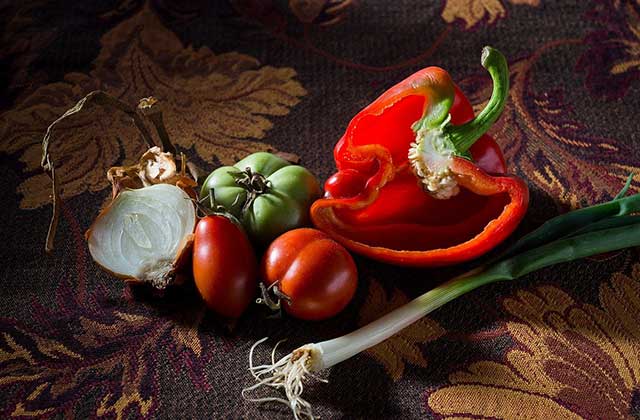Iron is a vital mineral for human survival. It serves several important functions; one main example is carrying oxygen throughout our body as a part of red blood cells.
A shortage of iron can lead to tiredness, anemia, and dizziness. Iron deficiency can also lead to fatigue. Women on their period are at a higher risk of iron deficiency when they do not consume iron-rich foods.
There are several ways to meet our body’s daily iron requirements, boost iron levels, and still eat a varied, nutritious, and tasty diet. Listed below are foods that are a good source of iron:
1. Spinach
Spinach is filled with many health benefits with very few calories. Although spinach is considered as a non-heme iron, which isn’t absorbed by the body very well, it is also rich in vitamin C. This is important as vitamin C helps in iron absorption.
Spinach is also rich in antioxidants called carotenoids, which help reduce the risk of cancer, protect the eyes, and decrease inflammation.
You can consume spinach and other leafy greens with healthy fat, like olive oil, to help your body absorb carotenoids.
2. Liver and other organ meats
Eating organ meats is extremely nutritious. Popular types of organ meats include liver, brain, kidney, and heart. All of which are high in iron.
Organ meats are also high in protein and rich in copper, selenium, and B vitamins.
3. Shellfish
All shellfish are high in iron, especially with clams, oysters, and mussels.
The iron in shellfish is heme iron, which is the kind that the body can easily absorb.
You can also get vitamin C and vitamin B with shellfish, particularly with calms. Aside from that, it also increases the level of heart-healthy cholesterol in your blood.
4. Red meat
With a 3.5 ounce serving of ground beef, you can get 2.7 mg of iron.
Red meat is also rich in zinc, several B vitamins, and protein. It is also the single most accessible source of heme iron, which is importantly good for people who are prone to anemia.
Also, for women, one study shows that those who consume meat retain iron better than those who take iron supplements.
Those who eat meat, poultry, and fish regularly are less likely to have an iron deficiency.
5. Quinoa
Quinoa is a well-known grain known as a pseudocereal. Aside from containing iron, it is also gluten-free, which is a good choice for people with celiac disease or other forms of gluten intolerance. It is also high in protein, folate, copper, magnesium, manganese and many other nutrients.
6. Broccoli
Broccoli is packed with vitamin C, which helps the body absorb the iron better. For a cup of cooked broccoli, it contains about 1 mg of iron. The same serving is also high in folate and provides 5 grams of fibre and some vitamin K.
Broccoli is part of the cruciferous vegetable family, which also includes cauliflower, kale, cabbage, and brussels sprouts. It also has compounds like indole, sulforaphane, and glucosinolates, which are believed to protect against cancer.
7. Tofu
Tofu is a soy-based food that is popular among vegetarians and for foods in some Asian countries.
Tofu is also a good source of thiamine and several other minerals including magnesium, calcium, and selenium. It also provides 22 grams of protein per serving. It also has compounds that are linked to improving insulin sensitivity, relieving menopausal symptoms, and decreasing the risk of heart disease.
8. Dark chocolate
Dark chocolate is delicious and nutritious. Aside from it is rich in iron, it also contains magnesium, and copper, as well as prebiotic fibre, which nourishes the friendly bacteria in your gut.
Study shows that cocoa powder and dark chocolate have more antioxidant than powders and juices made from acai berries and blueberries.
Chocolates also have beneficial effects on cholesterol and reduce risks of heart attacks and strokes. However, not all chocolates are good. It is best to consume chocolates with a minimum of 70% cocoa to get the maximum benefits.
9. White beans
White beans are considered to have the richest iron content of any bean. Canned white beans are also an excellent source of iron for people who do not have the time or access to soak raw beans. Just keep an eye on the sodium content, as it is often added to canned goods as preservatives.
You can enjoy white beans in a salad, or you can add them in soups, stew, and pasta dishes.
10. Fortified breakfast cereals
Breakfast cereals are a leading source of iron. But in choosing cereals, it is essential to look for a fortified cereal that contains 100 percent of the daily value of iron.Iron is an important mineral that our body needs and should be consumed regularly. For more inquiries about your daily iron intake or iron deficiency, consulting an Online doctor BC clinic is a one-stop site for all your health information, health news, and needs. For more inquiries about your overall health, you can book an online checkup or consultation.

